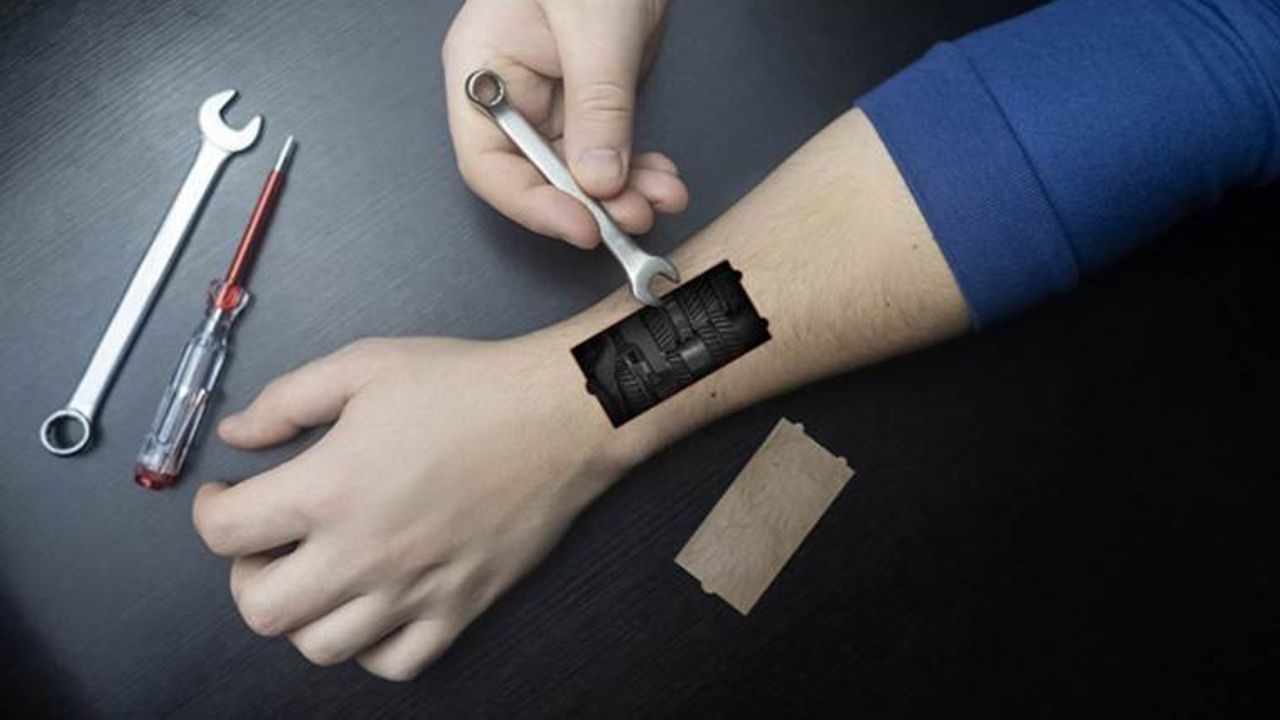Scientists from Lanzhou University in China have developed a "wireless charging chip" that can be implanted under the skin.
If it proves successful, those who get the implant could get rid of bulky batteries and the cables they carry around with them.
The new technology has only been tested on rodents, but the implications for human use could be groundbreaking.
The prototype can transfer energy wirelessly through the body or use the body to recharge batteries.
COMPLETELY SOLVABLE IN MEDICAL OPERATION
The flexible and soft chip can also adapt to the shape of body tissue and biodegrade when surgery is required.
Most bioelectronic devices run on built-in batteries with limited capacity.
These devices are connected to an external power source, which can cause infection in the patient, especially if surgery is required to replace parts.
The new biodegradable charger allows patients to avoid this problem as it dissolves in the body without the need for surgery.
THE LIFE OF THE CHIP IN THE BODY IS TWO MONTHS
In mice, the prototype was used for up to ten days and completely dissolved in the body within two months.
This could take longer if the protective layers of polymer and wax surrounding the battery are thickened.
Although it stores less energy than batteries, the implant can discharge a large amount of energy in one go.
There is still a long way to go before this wireless charger can be tested on humans. The research team needs to overcome many obstacles, including finding a way to turn the device on and off.
As of now, the charger only stops working when it runs out of power.















